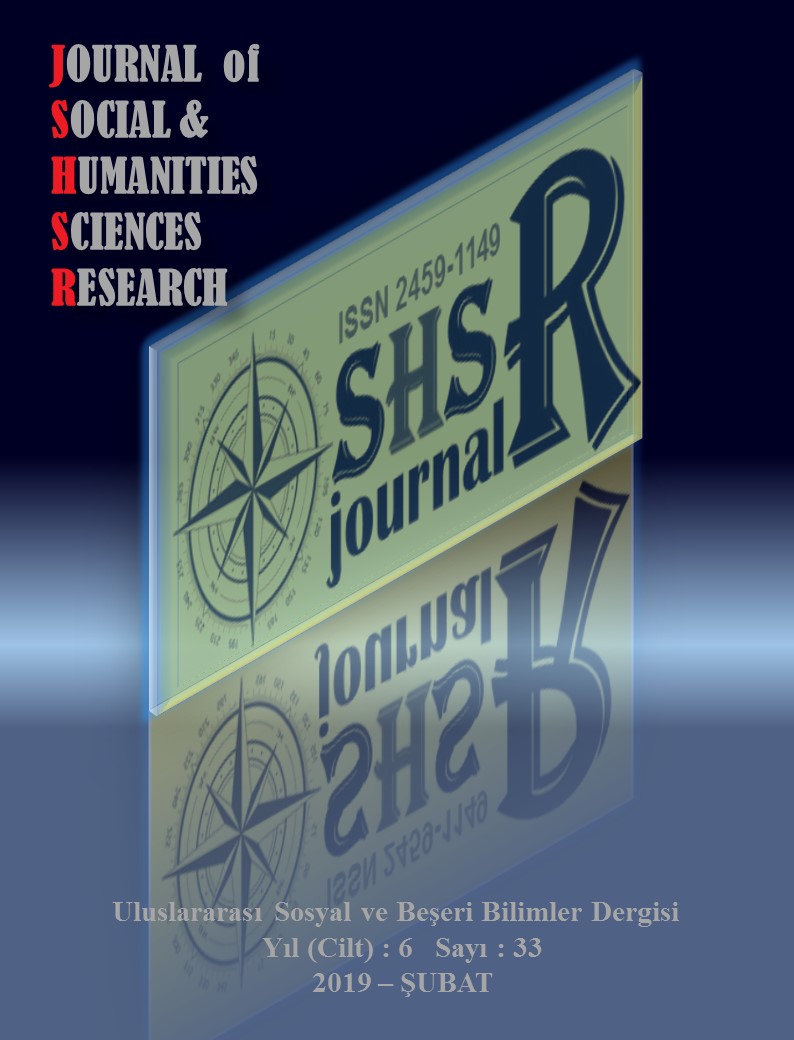SPACE, TIME AND HISTORY: BURSA, IZNIK CASE
DOI:
https://doi.org/10.26450/jshsr.1110Keywords:
Iznik, cultural values, historical townsAbstract
Iznik is a sub settlement of Bursa city in the Marmara Region of Turkey located on the east side of Iznik Lake. According to the data obtained from the excavations, the area was used as a settlement by various civilizations. The earliest traces of civilizations in Iznik are dating back to 4000 B.C., however, the earliest settlements reaching today in the region has emerged with the mounds dating back to 2500 B.C. The district gained great importance particularly after the 4th Century A.C. Iznik kept its importance throughout history especially during the Prehistoric, Bithynian, Roman, Byzantine and Ottoman periods due to its administrative, religious and commercial properties. Iznik got its current name after being conquered by Orhan, as the Sultan of Ottoman Seigniory in 1331. After changing the name Nicea to Iznik, the settlement became the capital of Ottoman Empire for a short period of time. During this period, Hagia Sophia Church in Iznik was converted to a mosque, and the first medrese building was built. Besides, many “han”, “imaret” and “medrese” buildings were erected. Additionally, Iznik became the center of tile-making at this period. Today, Iznik retains its urban fabric as a historical city with the grid-plan city settlement from Hellenistic era, as well as the monumental structures from Roman, Byzantine and Ottoman periods blended in the same urban texture in layers. In this study, the history and the development of the urban area of Iznik settlement as an archeological landscape area including the changes and cultural transformations throughout history was examined. An assessment of natural and cultural values of the settlment was made according to the structural and cultural traces of different cultures and periods. Besides, the sense of space both in the urban tissue and around the monumental buildings were evaluated and its development in time was set. And finally, suggestions were developed in order to ensure the protection and sustainability of the natural and cultural values of Iznik as a unique historical town.
Downloads
Published
How to Cite
Issue
Section
License
Copyright (c) 2019 INTERNATIONAL JOURNAL OF SOCIAL HUMANITIES SCIENCES RESEARCH

This work is licensed under a Creative Commons Attribution 4.0 International License.


